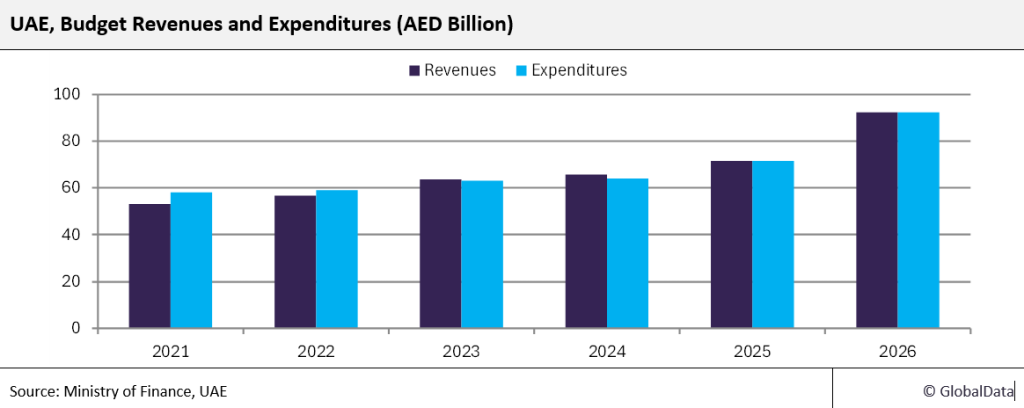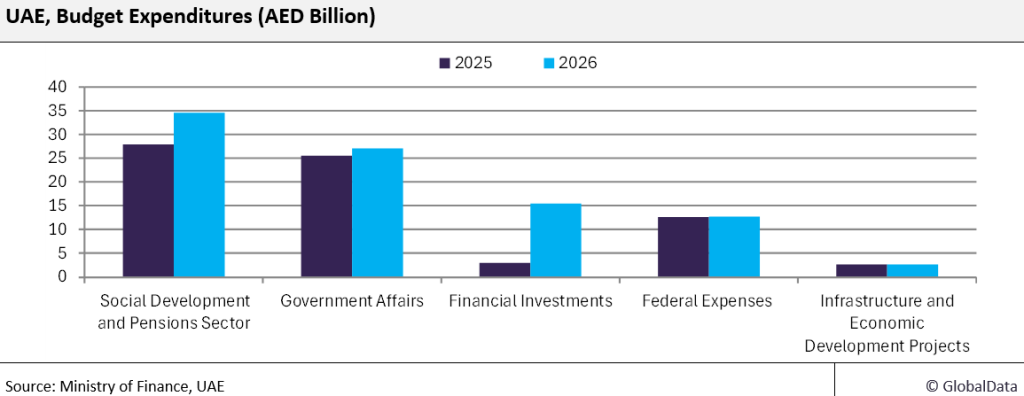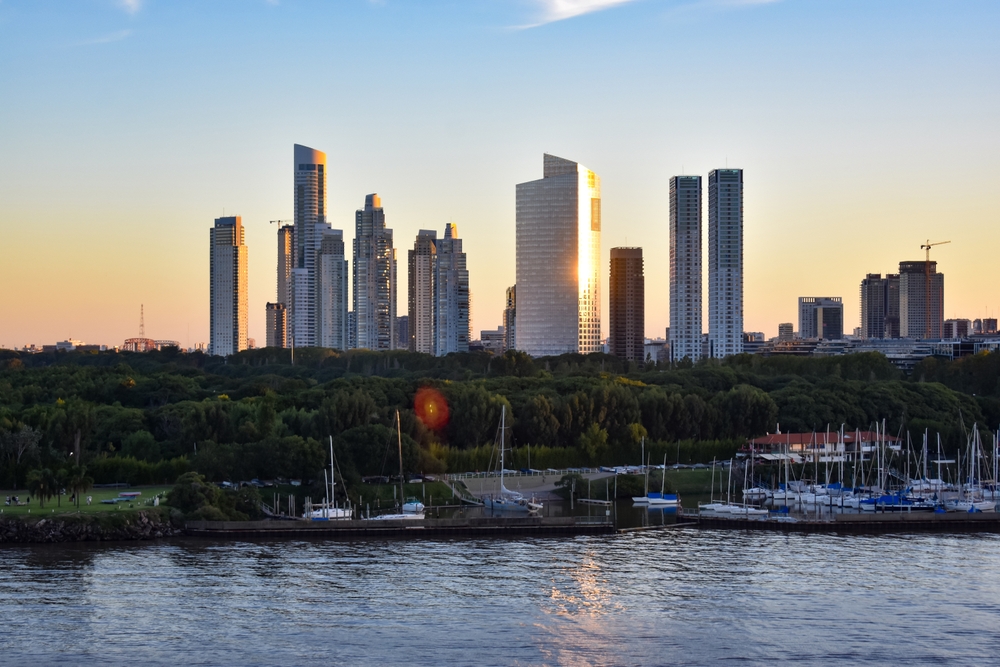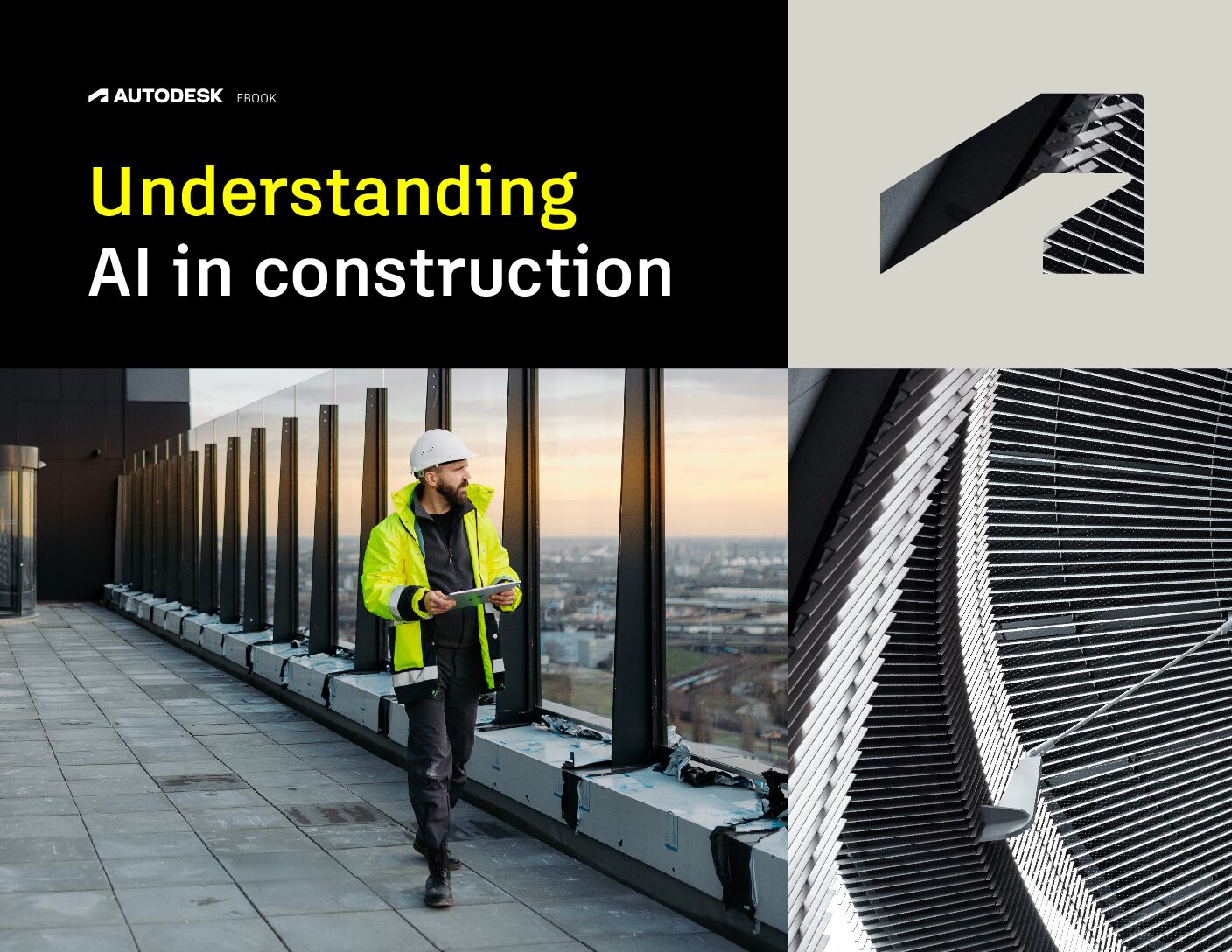On 27 October 2025, the United Arab Emirates (UAE) Cabinet approved the 2026 federal budget, the largest in the country’s history, with a focus on supporting sustainable development, financial sustainability and economic growth.
The 2026 budget is aligned with the UAE’s long-term strategic objectives, including its “We the UAE 2031” vision. The budget is part of a broader effort to improve public finance and ensure that government spending aligns with the country’s long-term strategic goals. Under the latest budget, the government aims to strengthen the federal system and will also demonstrate the country’s commitment to balanced and sustainable development. It will also improve coordination among federal entities in a bid to ensure spending contributes towards sustainable economic growth. The Cabinet also approved the Federal Financial Support Programme as part of the latest budget, to ensure financial sustainability and strengthen the Federal Financial Centre, which will be financed through annual allocations from the federal budget.

US Tariffs are shifting - will you react or anticipate?
Don’t let policy changes catch you off guard. Stay proactive with real-time data and expert analysis.
By GlobalDataThe 2026 budget includes expenditure of Dh92.4 billion ($25.2 billion), an increase of 29.2% compared to the Dh71.5 billion expenditure earmarked in the 2025 budget. The government plans to finance this through corporate income tax revenues and an increase in income from hydrocarbons and dividend payments from the Emirates Investment Authority. The government will prioritise sectors impacting citizens’ well-being, including social development, healthcare, education and essential public services, coupled with further investment for infrastructure with aim of increasing economic development. In addition, during the Cabinet meeting, the government also approved 35 memoranda of understanding and international agreements in various areas of economic and development cooperation.

As part of the 2026 budget, the government plans to allocate 37.4% of the total general budget – Dh34.6 billion – towards social development and the pensions sector, marking an increase of 24% compared with the 2025 allocation. Elsewhere, Dh27.1 billion will be allocated towards government affairs, an increase of 6.3% compared with previous budget allocation. The government also plans to allocate Dh15.4 billion for financial investments in the 2026 budget, compared with the allocation of Dh2.9 billion in 2025. Additionally, it will allocate Dh12.7 billion for federal expenses and Dh2.6 billion towards infrastructure and economic development projects.

Dubai approves 2026/28 budget cycle, focused on transport and infrastructure
On 23 November 2025, the Emir of Dubai, Sheikh Mohammed bin Rashid Al Maktoum, who is also the UAE’s vice-president and Prime Minister, approved Dubai’s general budget cycle for 2026–2028, as well as the emirate’s general budget for the 2026 fiscal year. Under the three-year budget framework, total expenditure is set at Dh302.7 billion and total revenue at Dh329.2 billion. Of this, Dh99.5 billion in expenditure and Dh107.7 billion in revenue are allocated for 2026. Of the total expenditure planned for 2026, the government has allocated 48% to infrastructure and construction projects, 28% to the social development sector, 18% to the security, justice and safety sector, and the remaining 6% to government development initiatives. Through the new budget cycle, the government aims to promote sustainable economic development, improve quality of life and strengthen the emirate’s position as a leading hub for opportunity and innovation.
The 2026 Federal Budget and Dubai’s general budget are expected to significantly boost construction, with GlobalData projecting the UAE construction industry to grow by 4.5% in real terms in 2026. It is then anticipated to maintain an average annual growth rate of 3.9% between 2027 and 2029, supported by investments in transport, industrial, housing and energy, and utilities projects. In early November 2025, the Ministry of Energy and Infrastructure announced a Dh170 billion investment plan for the development of transport and road projects by 2030, aimed at easing traffic congestion and improving regional connectivity.
Dubai’s government approved an Dh18.3 billion Public Parks and Greenery Strategy in early November 2025, which involves the construction of 800 projects across various sectors. This will include the construction of 310 new recreational parks, and the improvement of up to 320 existing parks, 120 open spaces and 14 technological projects. Furthermore, through the National Strategy for Artificial Intelligence 2031, the UAE is expected to attract investments for the development of AI infrastructure to position itself as the global leader in sector by 2031.
The construction industry output will also be supported by government clean energy initiatives such as the Dubai Clean Energy Strategy 2050 and the Dubai Net Zero Carbon Emissions Strategy 2050, the second of which aims for 100% clean energy production capacity by 2050. To achieve this target, the UAE plans to invest between Dh150 billion and Dh200 billion by 2030 to meet energy demand. Under the National Hydrogen Strategy 2050, the country aims to produce 1.4 million tonnes of hydrogen per year domestically by 2031, increasing to 15 million tonnes per year by 2050.
Under the “We the UAE 2031” vision, the government will continue to focus investment on economic and social development for the next 10 years. The aim of the government programme is to enhance the country’s position as a global leader and transform the country into an attractive and influential economic hub. In addition, the scheme also aims to attract an increased inflow of annual foreign direct investment to Dh238.7 billion ($65 billion) by 2031, compared to Dh167.5 billion ($45.6 billion) in 2024. As of result of these two factors, the “We the UAE 2031” vision will help to support construction industry output throughout the forecast period.







